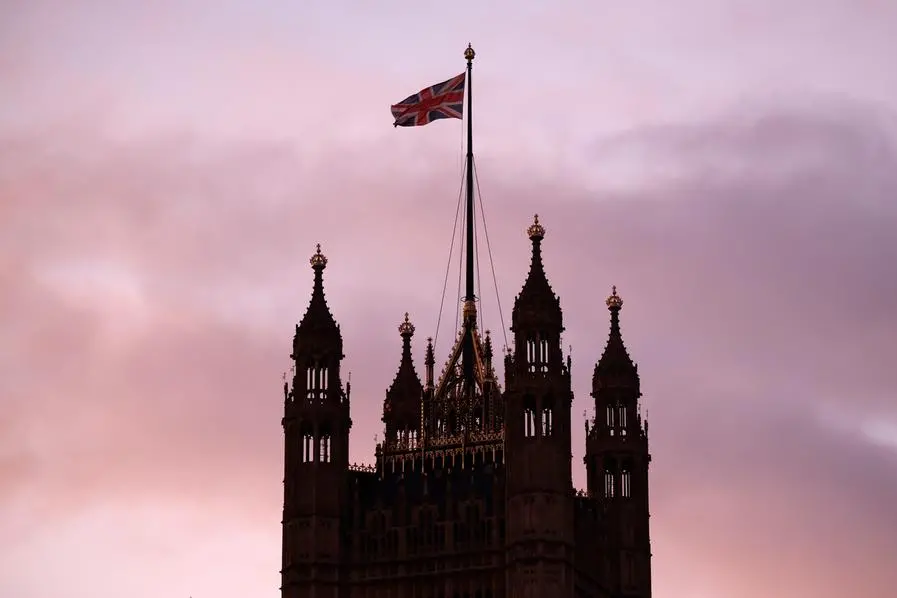PHOTO
Britain on Tuesday announced it would move around 8,000 Afghan refugees out of temporary hotel accommodation and into permanent homes, but rights groups warned it could cause them "misery and anxiety".
The UK has welcomed around 24,500 Afghans under resettlement and relocation schemes introduced as the Taliban took over their country in 2021.
Around 8,000 of those, half of them children, remain in temporary hotel accommodation.
Veterans' affairs minister Johnny Mercer on Tuesday told MPs that it was an "unsustainable situation" that "needs to change.
"Bridging hotels were not and were never designed to be a permanent solution... we have a duty to end this practice," he said.
Mercer added the government wants to "step up our support" to help resettled and relocated Afghans access "independent settled accommodation".
Those still in hotels will begin receiving letters in April, telling them they have at least three months to find a settled accommodation, he noted.
The government will provide extra support, advising on how to rent in the private sector and find jobs.
But more controversially, refugees turning down an offer of accommodation will not receive any further offers, said Mercer.
Labour shadow minister John Healey accused the government of "serving eviction notices" on the 8,000 refugees, while the Refugee Council said it was "deeply concerned" about the plans.
The charity's chief executive Enver Solomon said there was particular concern that they "could lead to people who fled the Taliban in Afghanistan being left homeless".
"To expect councils to suddenly move them out of hotels by putting pressure on Afghan families risks causing great misery and anxiety for those who have already experienced trauma and upheaval," he added.
Downing Street has insisted that no refugees will be forced onto the street.
"This is about how we're accelerating support for Afghans who have been forced to remain in hotel accommodation for sometimes more than a year," a Downing Street spokesman said.
"We've made a large commitment to them to support them in the UK to make a new life here and this will be the next stage of that."





















